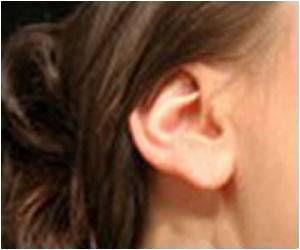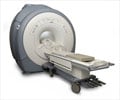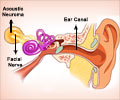People with cochlear implants should avoid undergoing scans via magnetic imaging devices, such as 3T MRI machines, because scientists have now found that the machines can demagnetise
Scientists have found that scans taken via magnetic imaging devices, such as 3T MRI machines, should be a strict “no-no” for patients with cochlear implants as these contribute to the demagnetization of the patient's implant.
A cochlear implant is an electronic device that restores partial hearing to the deaf. It is surgically implanted in the inner ear and activated by a device worn outside the ear.Conducted by a team of German and American researchers, the study tested several cochlear device magnets on a 3T MRI scanner with active shielding at a variety of angles (0º, 80º, 90º, 100º, 110º, and 180º).
It was found that during routine use of 3T MRI machines at angles above 80º, demagnetization reached an unacceptable level.
This led to permanent damage to devices with non-removable magnets, and thus created the potential of exposing patients to undesirable magnetic forces.
3T MRI scanners are the next generation of MRI scanners and are significantly more powerful than 1.5T MRI scanners.
Keeping in mind the findings of the study, authors have suggested that MRI scans on patients with cochlear implants should be performed using a 3T MRI machine only if a 1.5T machine is not available, and if the benefits of the scan far outweigh the risk of cochlear implant demagnetization.
Advertisement
Source-ANI
TAN












